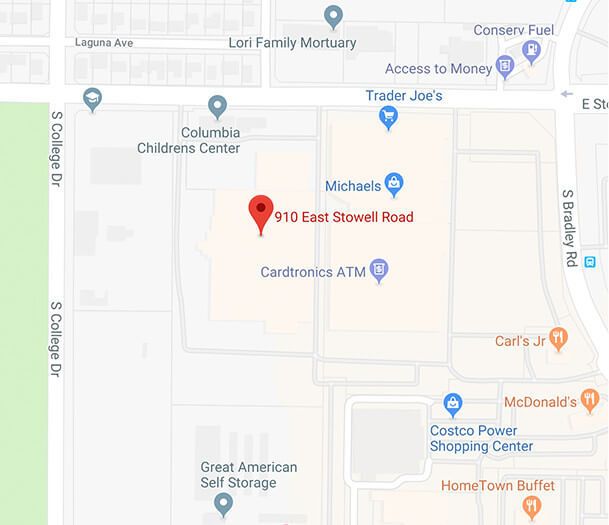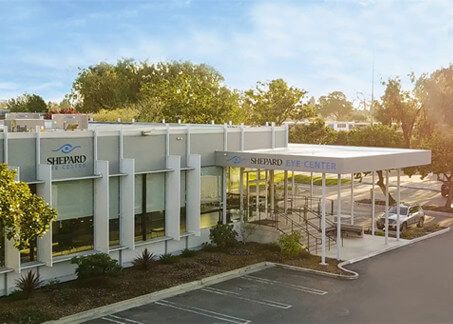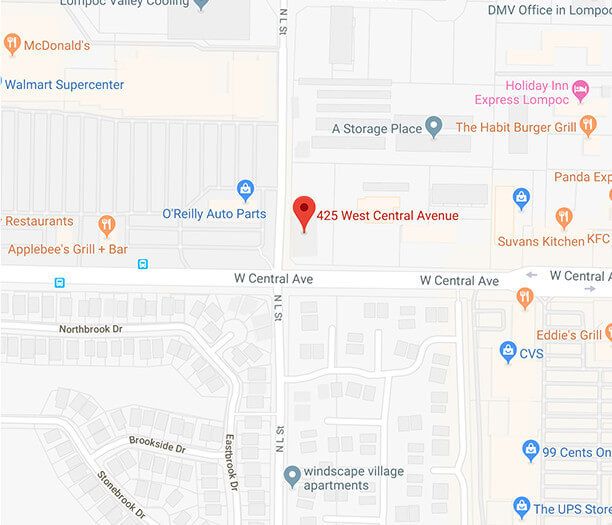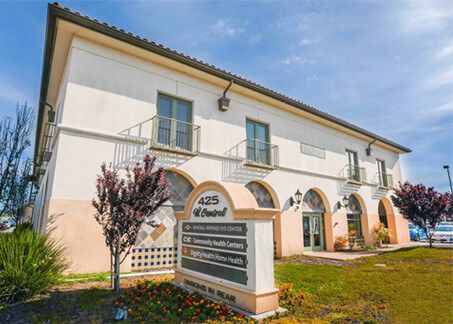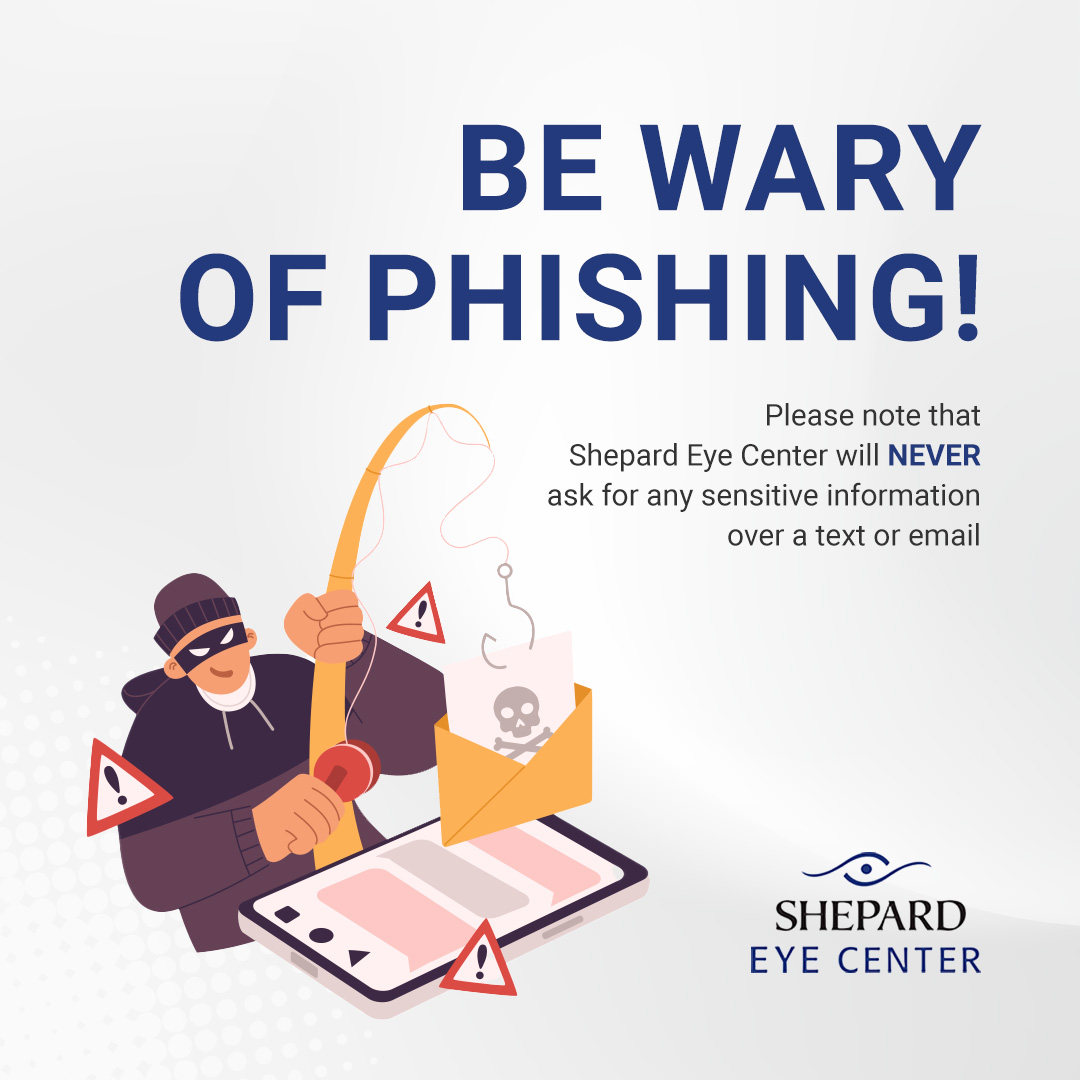An intraocular lens is usually implanted in the eye at the time of cataract surgery or in place of the clear natural lens for patients desiring a refractive lens exchange. These artificial lenses are designed to help the eye refocus for clear vision and there are many types of lenses available.
The standard intraocular lens is a modern advanced lens that focuses for far or near vision. Dr. Dennis Shepard, the founder of Shepard Eye Center, was one of the first doctors in the country to implant these lenses, and a pioneer in bringing this technology to the Central Coast. For patients having cataract surgery, medical insurance often covers the cost of one of these excellent lenses.
The development of intraocular lenses that can help patients see with little or no need for glasses is one of the most exciting developments in eye surgery. Today, intraocular lenses are now available to help patients see both far and near. One such lens, the ReSTOR lens, is so popular that many patients ask for it even before they develop a cataract just to help reduce their need for reading glasses.
In the original FDA studies, 80% of patients with ReSTOR lenses did not need glasses at any time after surgery. The best patient for this lens has a healthy eye, excepting the cataract, and has little or no astigmatism or is willing to have a LASIK laser touch-up surgery after lens implant surgery.
The correction of astigmatism is also often possible at the time of cataract surgery. A toric intraocular lens is a special type of artificial lens that allows correction not only of nearsightedness or farsightedness but also reduces astigmatism for most patients. If the toric lens does not eliminate all astigmatism then a LASIK laser touch-up surgery may be needed to correct remaining astigmatism. The surgeons at Shepard Eye Center have extensive experience with toric artificial lenses and can recommend an artificial lens that is best for your eye at the time of your pre-operative examination.






